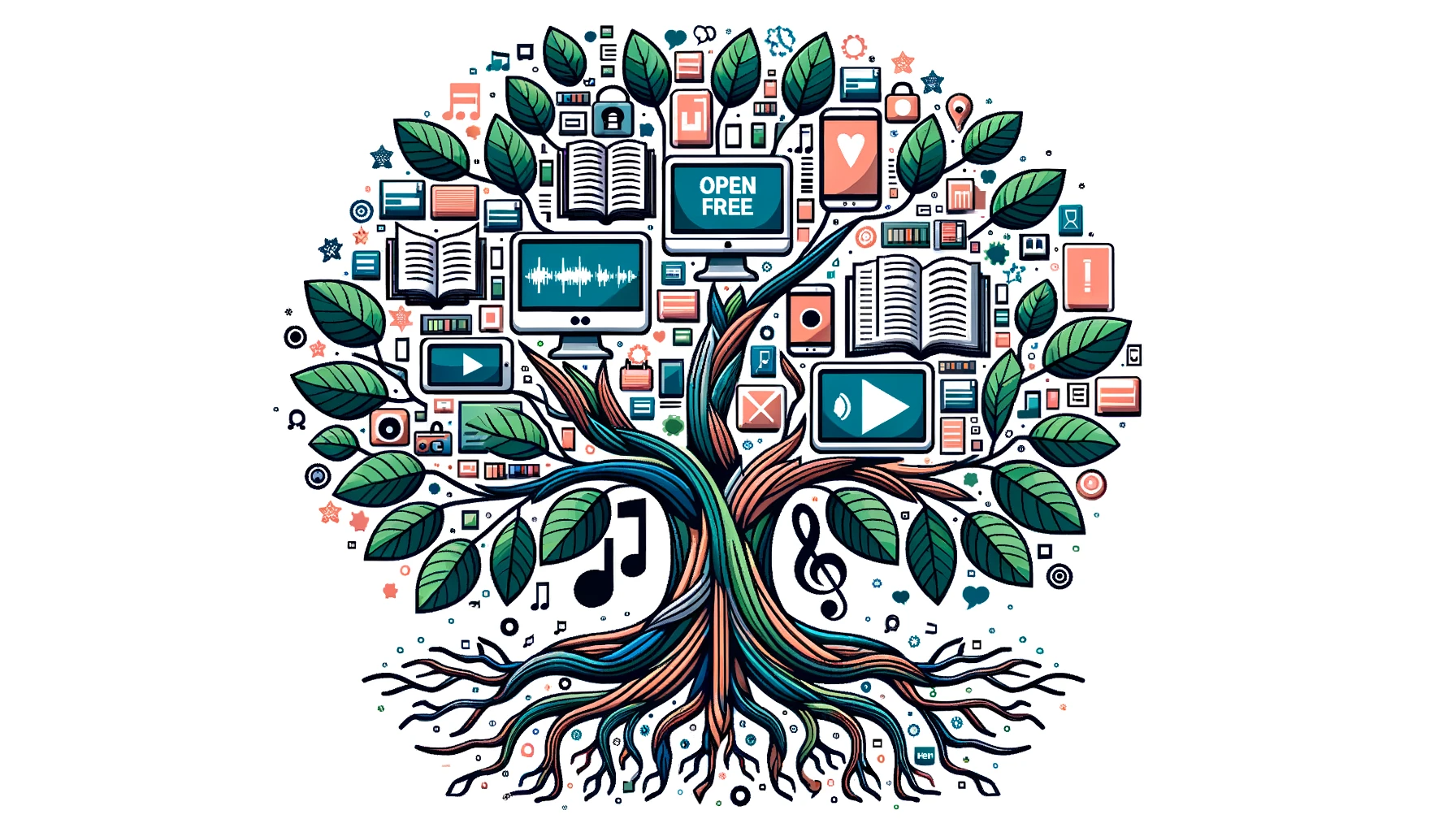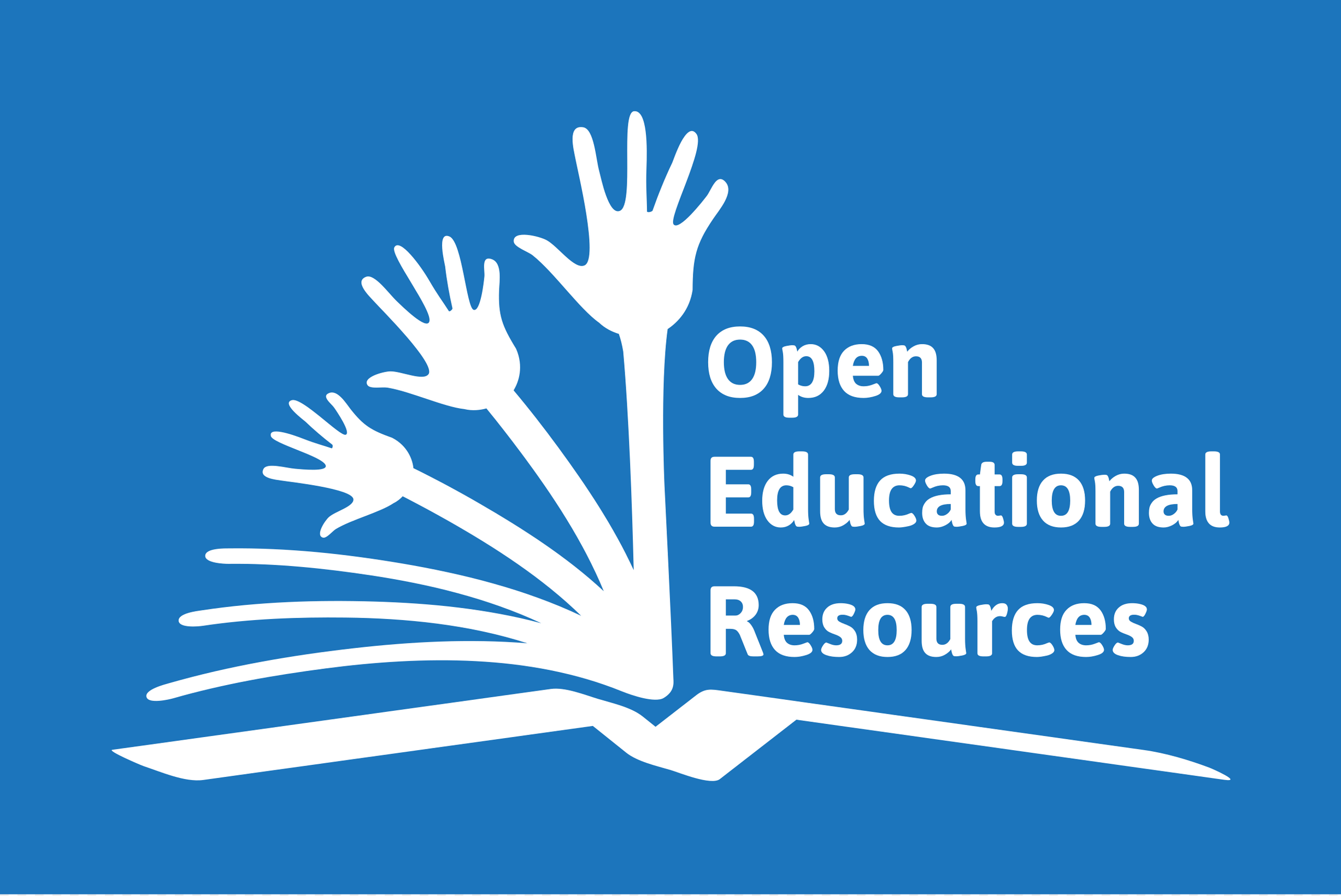Open Educational Resources (OERs)
 Sai Gattupalli
Sai Gattupalli
Written by Sai Gattupalli
If you've been following my articles, you might have noticed that I often mention Open Educational Resources (OERs). But what exactly is an OER? If you're curious, you've come to the right place!
Here, I'll be explaining everything you need to know about OERs. Whether you're already familiar with the concept or just learning about it for the first time, I guarantee you'll come away with a deeper understanding of this often unheard, yet important educational resource.
So join me as we explore the world of OERs together! Let's get started.
Rise of Open Education Culture
Open Education Culture is a global movement to make education more accessible, equitable, and sustainable. It's not limited to just formal schooling and universities. All forms of education are now open - from teaching kids how to cook to providing lessons on ancient Indian painting techniques. The open education culture is one where educators, students and the general public have direct access to educational content. This content is often free or low-cost which enables all people in society to have an opportunity to study. Some examples of open education environments include Wikipedia and YouTube where anyone can contribute to the content at any time.
In the same way, my developer peers can relate to Open Source Software as another form of Open Culture.
Open Education Resources
I first learned about Open Educational Resources (OERs) from my PhD advisor Prof. Trust. OERs are a form of Open Education Culture. An OER is an educational resource that is openly available to the public, often because they are freely shared by their authors. The term "open resources" can also refer to content that is not copyrighted and can therefore be used by anyone without restriction. An OER is a type of digital educational material that can be used by anyone and freely shared. This material is usually in a digital format and accessed via the internet.
The concept of OER is not new. It is actually a form of distance education that has existed for decades. What's changed though is the way it has been distributed and made available through the internet. OERs are teaching, learning, and research resources that reside in the public domain or have been released under an intellectual property license that permits their free use and re-purposing by others.
OERs can be digital and online, or physical and offline. They are often free to download, use, and copy for non-commercial purposes.
The use of OERs has been heavily promoted by organizations as diverse as UNESCO and the World Bank as a way to achieve global equity in education. Scholars have mixed opinions on the effectiveness of these resources in engaging students, however, with some feeling that the excessive use of materials provided for free impedes students from learning how to critically evaluate information sources for themselves.

Finding OERs
There are a number of resources that can be used to find open education materials. One of the best places to start is the Open Education Resources Commons. They catalog tens of thousands of courses, lectures, and textbooks that are available on a wide variety of topics.
Another good source for open educational resources is YouTube. In addition to videos from TED talks, there are many how-to type videos explaining subjects such as how to change the oil in your car or how to cook a turkey dinner. YouTube also has courses from MIT can be accessed for free.
The Khan Academy is another useful resource for finding open education materials online. These materials include lectures, math exercises and practice problems, video tutorials on subjects such as algebra or calculus, interactive demonstrations and modeling exercises in science like biology or physics, and over 10 million exercises in K-12 math with step-by-step solutions written by teachers in the Khan Academy community.
Useful OER Links
Follow Prof. Trust on Twitter as she is constantly sharing educational resources for all age groups.
From r/GetMotivated

Subscribe to my newsletter
Read articles from Sai Gattupalli directly inside your inbox. Subscribe to the newsletter, and don't miss out.
Written by

Sai Gattupalli
Sai Gattupalli
The blog is maintained by Sai Gattupalli, PhD candidate in Math, Science, and Learning Technologies (MSLT) at the University of Massachusetts Amherst College of Education. His research explores AI-integrated learning environments, culturally responsive computing, and educational equity across global contexts. As a college writing instructor and STEM education researcher, he combines digital pedagogy with multimodal storytelling to support diverse learners. Sai is also the creator of Equations & Echoes, a YouTube channel producing AI-generated STEM music videos for young learners and educators.